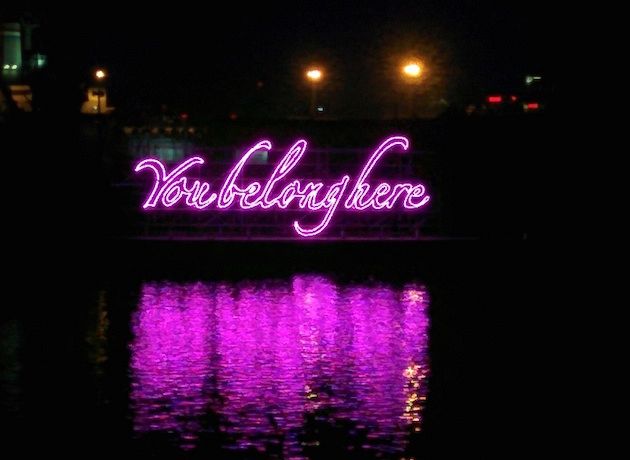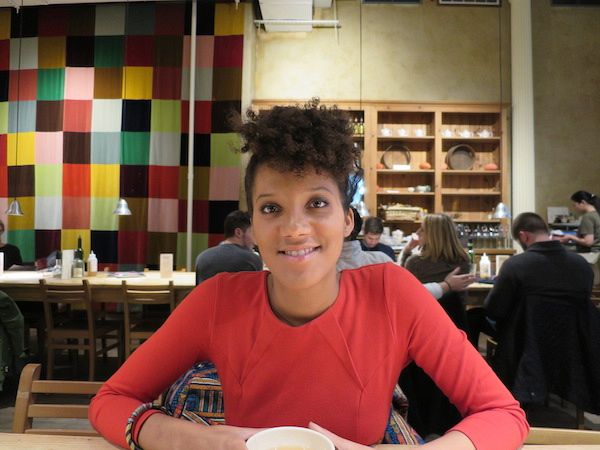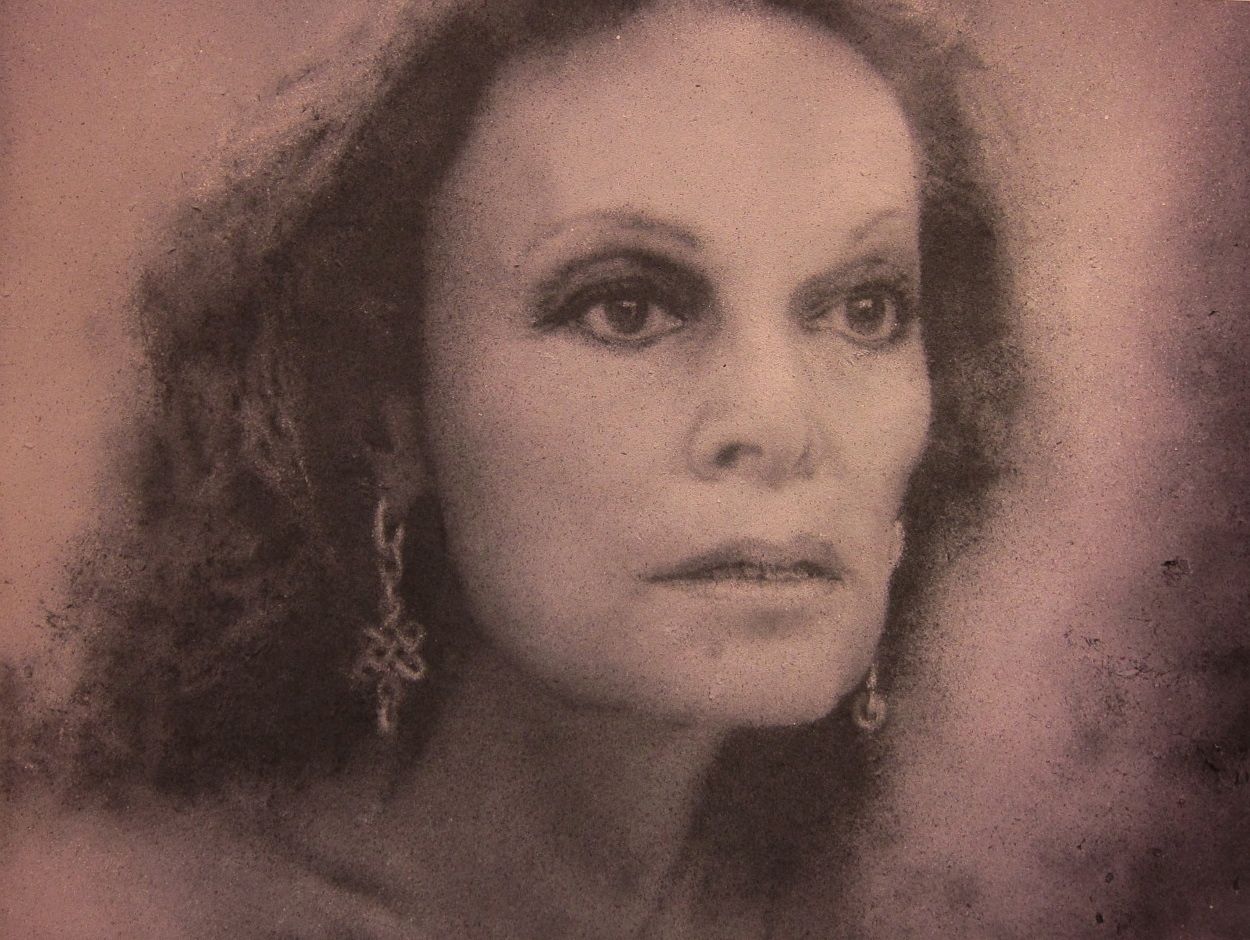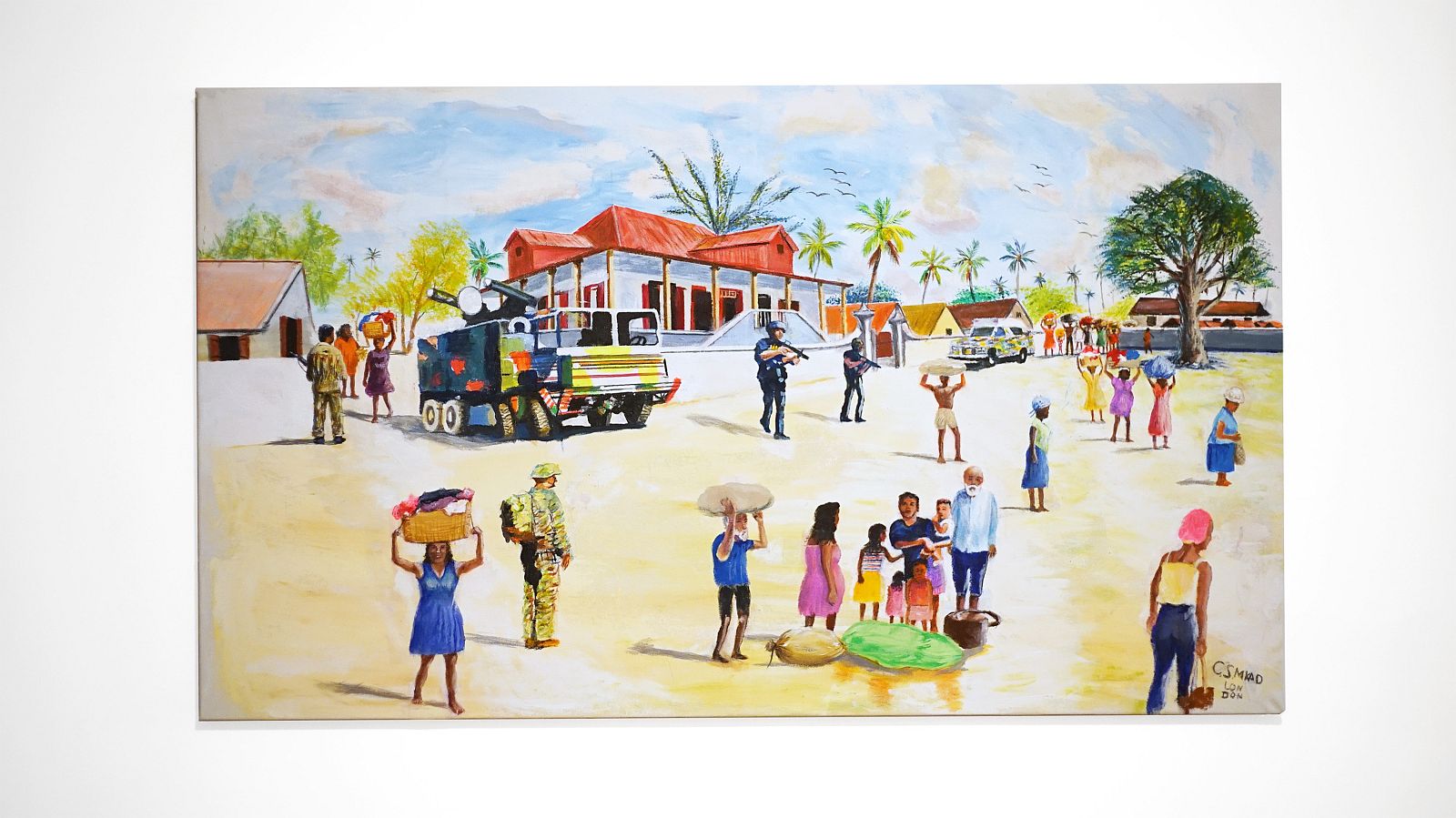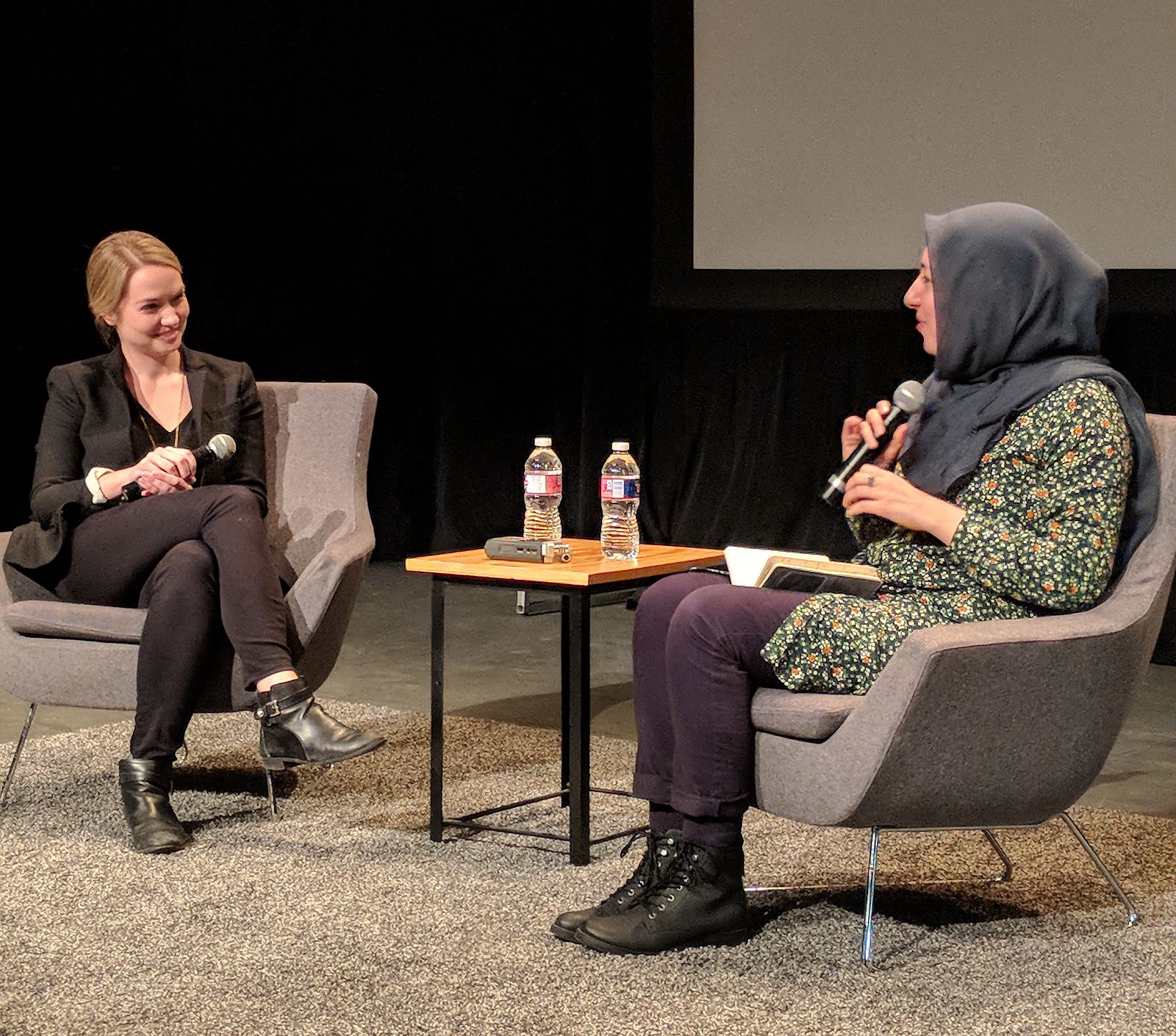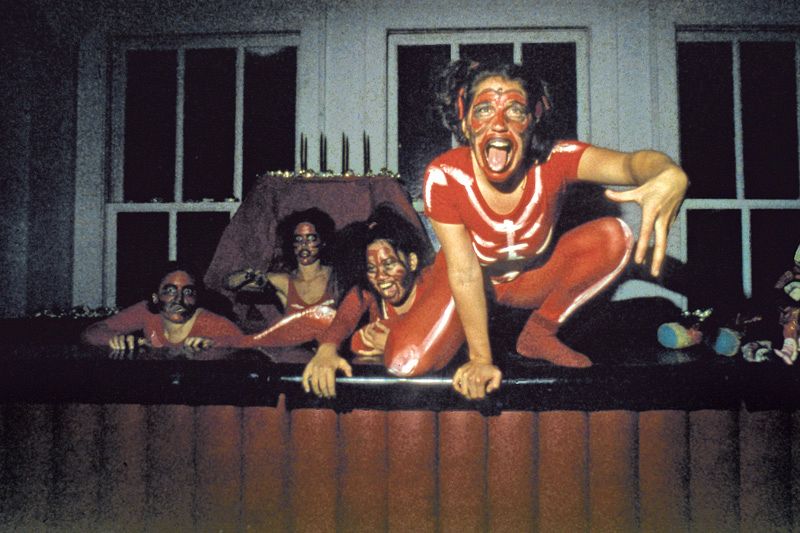Curator Jeanne Gerrity developed this proposal during the 2014 Curatorial Intensive in New York.
Artists: Taha Belal, Andrea Bowers, Rokni Haerizadeh, William E. Jones, Jordan Kantor, Sanaz Mazinani, Rabih Mroué, Trevor Paglen, Chen Shaoxiong, Hito Steyerl, Natasha Wheat
Image Search presents the work of eleven international artists who consider the role of the image in culture production, reclaiming the image as a tool to examine our contemporary condition in the process. In our increasingly digital world, the mass proliferation and dissemination of photographs and other representations has led to an increase in the power of the image. Images now define conflicts, war, revolution, and even identity. The artists in the exhibition use found images that are in the public realm, can be accessed by anyone, and are not considered art, to address social, political, and cultural histories and issues. They consciously manipulate images to create their own versions of narratives, drawing attention to the role of the artist as mediator of information.
In his 2008 book Art Power, Boris Groys writes “The media—and not the museum, not the art system—seem now to be the place where such a longing for overwhelming, immediately persuasive, genuinely strong images is expected to be satisfied.” Groys goes on to explain that the mass media is showing us images out of context and often unexplained, and it is the responsibility of artists and curators to place these images in an art context in order to encourage critical discourse and a conversation between the past and the present. This exhibition aims to do just that: to start a dialogue about contemporary issues through images, while still acknowledging the unreliability of images themselves, ultimately asking what it means for an individual, and in particular an artist, to project meaning onto images in the public realm.
Rokni Haerizadeh, Sanaz Mazinani and Shaoxiong Chen manipulate images from the media that often depict war, protests, and violent encounters. In his series Fictionville (2009-), Haerizadeh takes found media photographs and paints over them, turning aggressive images into fantastical and often grotesque tableaus. By challenging the apparent integrity of the image, he ultimately arrives closer to the truth. Mazinani culls images from the internet of the Occupy Wall Street and Arab Spring protests for her series of digital collages Conference of the Birds (2012-14). Through repetition, she empowers images with the ability to construct and define history. In his series Ink Media (2011-13), Chen hand draws photographs of protests sourced from the internet, capturing the revolutionary fervor of mass demonstrations and social protests around the world.
Taha Belal, Andrea Bowers, Rabih Mroué, and Natasha Wheat isolate certain elements of photographs in order to amplify their message. Belal’s drawings, collages, and videos grapple with the superficiality of images in print media, attempting to critically engage with the original content. Bowers creates drawings of individuals at a political rally in downtown Los Angeles in which thousands of people demonstrated for immigrants’ rights. For Fall of a Hair (2012) (part of his larger project The Pixelated Revolution), Mroué captured stills from YouTube video footage taken on mobile phones by Syrian civilians during the ongoing revolution. In what has been described as a “double shooting,” civilians aim their phone cameras at army snipers in an attempt to hold the snipers accountable by posting their actions on the web. Wheat’s Kerosene Triptych (2011) is composed of three archival images created from digital files taken to document the building of the Panama Canal. In the photographs, laborers are spraying kerosene into the foliage to kill mosquitoes, a practice that resulted in terrible health problems for the workers and the eradication of much wildlife. In this work, images intended as objective documents become testaments to an injustice.
Jordan Kantor, William E. Jones, Trevor Paglen, and Hito Steyerl look more generally at the influence of images on culture in their work. Untitled (Challenger) (2007) is part of a series of figurative paintings that begins with media representations of spectacular subjects, which Kantor then scans, crops, and manipulates before translating into paint. These works explore the role of images in our experience of the world, and often bear pictorial traces of this appropriation from mass media to underscore the process of artistic mediation. For The most beautiful world is like a heap of rubble, tossed down in confusion. (2013), Jones used Google Image to search six translations of one specific line by the Greek philosopher Heraclitus and displayed the results in panels of photographs. The work looks at the production of culture and the artificial grouping of images by the internet. Paglen’s project The Last Pictures is an archival disc of 100 images, supposedly representing humankind at this moment, which was launched into the universe on a spacecraft in 2012. In selecting the one hundred images for the project, Paglen formed an in-depth research team that explored the implications of the project along numerous philosophical lines of inquiry. Steyerl’s video works examine the fluidity and mutability of images. In November (2004), Steyerl looks at the evolution of the image of her friend Andrea Wolf after her death at the hands of the Turkish government while she was involved in the Kurdish resistance.
Learn More
To learn more about this proposal, please email Jeanne Gerrity at jeannegerrity@gmail.com. To learn more about the Curatorial Intensive, email info@curatorsintl.org.

